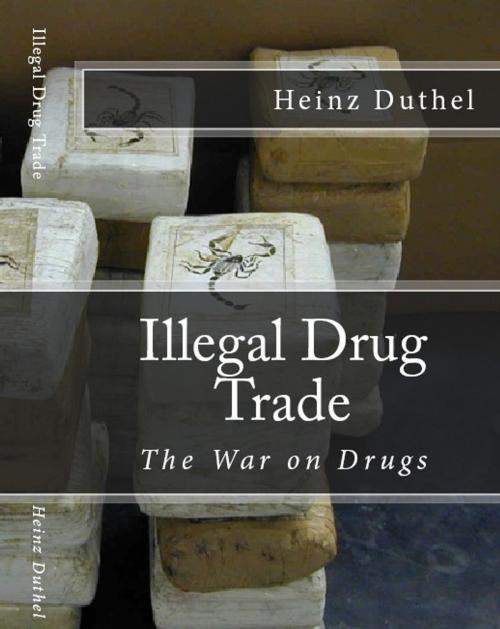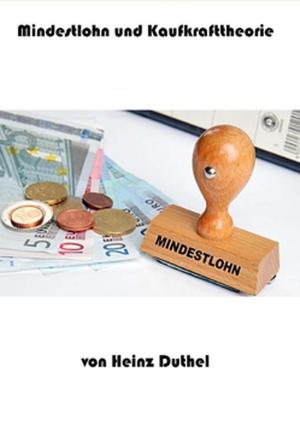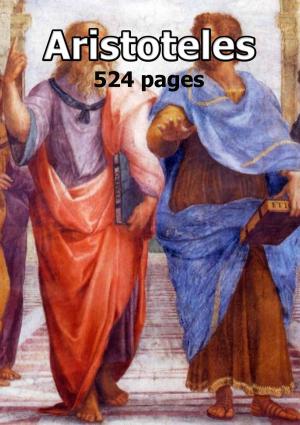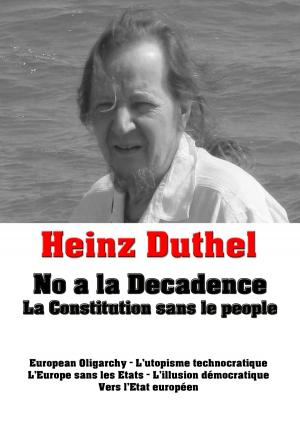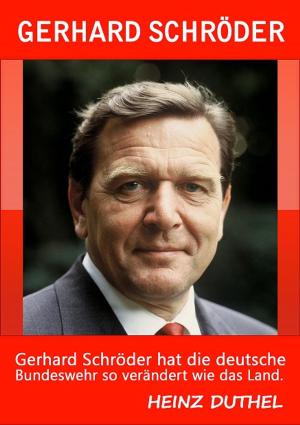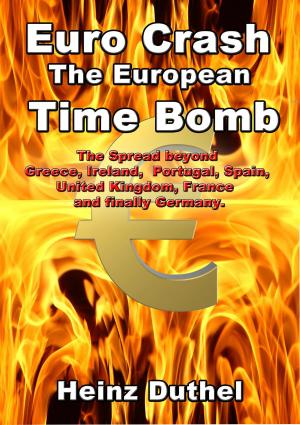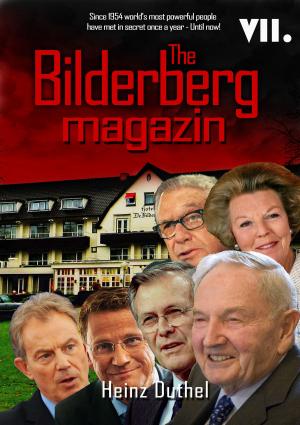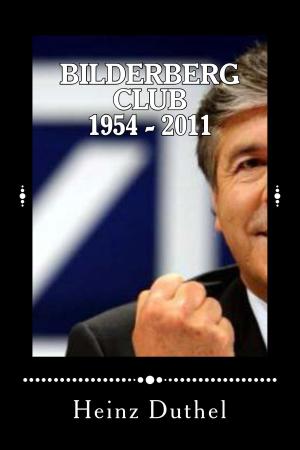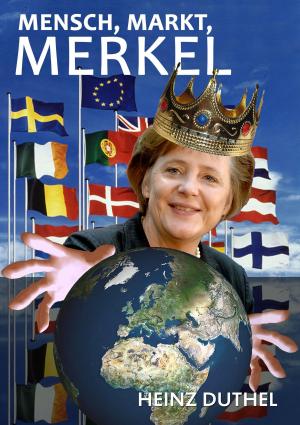Illegal Drug Trade
The War on Drugs
Nonfiction, Social & Cultural Studies, Current Events, Political Science, Government, Local Government, True Crime, Murder| Author: | Heinz Duthel | ISBN: | 1230000127685 |
| Publisher: | Heinz Duthel | Publication: | April 24, 2013 |
| Imprint: | Language: | English |
| Author: | Heinz Duthel |
| ISBN: | 1230000127685 |
| Publisher: | Heinz Duthel |
| Publication: | April 24, 2013 |
| Imprint: | |
| Language: | English |
Illegal drug trade
The illegal drug trade is a global black market, dedicated to cultivation, manufacture, distribution and sale of those substances which are subject to drug prohibition laws. Most jurisdictions prohibit trade, except under license, of many types of drugs by drug prohibition laws.
A UN report said the global drug trade generated an estimated US$321.6 billion in 2003. With a world GDP of US$36 trillion in the same year, the illegal drug trade may be estimated as slightly less than 1% (0.893%) of total global commerce. Consumption of illegal drugs is widespread globally.
History
The Illegal Drug Trade has emerged as a result of drug prohibition laws. During the 19th century, China retaliated with imports of opium and two Opium Wars broke out. In the First Opium War the Chinese authorities had banned opium but the United Kingdom forced China to allow British merchants to trade opium with the general population. Smoking opium had become common in the 19th century and British merchants increased. Trading in opium was (as it is today in the heroin trade) extremely lucrative. As a result of this illegal trade an estimated two million Chinese people became addicted to the drug. The British Crown (via the treaties of Nanking and Tianjin) took vast sums of money from the Chinese government through this illegal trade which they referred to as "reparations". In his book "Narcotic Culture: A History of Drugs In China", the Sinologist Frank Dikotter argues that China's opium problem was greatly exaggerated, explaining that while British politicians and Protestant missionaries grandstanded over China's opium problem, Britain was quietly consuming more opium per capita than China.
However in China there was an average of one death by starvation per year for more than a millennium until the late 1800s - where millions died of starvation in China. The opium was exported from India, which was controlled by the United Kingdom at the time and imported to China.
Legal penalties
In many countries, drug smuggling carries a severe penalty, including the death penalty (for example, China and Singapore). In 2010, two people were sentenced to death in Malaysia for trafficking 1 kilogram/2.2 pounds of cannabis into the country. On March 30, 2011, three Filipinos were executed by the Chinese government for drug trafficking.
In the USA, Federal law states that first time offenders be sentenced to a minimum term of imprisonment averaging 1 to 3 years. These sentences have become more noticed in recent years.
Drug trafficking is widely regarded as the most serious of drug offences around the world. However, sentencing often depends on the type of drug (and its classification in the country into which it is being trafficked) and where the drugs are sold and how they are distributed; for example if the drugs are sold to or distributed by underage people, then the penalties for trafficking may be harsher than in other circumstances.
Illegal drug trade
The illegal drug trade is a global black market, dedicated to cultivation, manufacture, distribution and sale of those substances which are subject to drug prohibition laws. Most jurisdictions prohibit trade, except under license, of many types of drugs by drug prohibition laws.
A UN report said the global drug trade generated an estimated US$321.6 billion in 2003. With a world GDP of US$36 trillion in the same year, the illegal drug trade may be estimated as slightly less than 1% (0.893%) of total global commerce. Consumption of illegal drugs is widespread globally.
History
The Illegal Drug Trade has emerged as a result of drug prohibition laws. During the 19th century, China retaliated with imports of opium and two Opium Wars broke out. In the First Opium War the Chinese authorities had banned opium but the United Kingdom forced China to allow British merchants to trade opium with the general population. Smoking opium had become common in the 19th century and British merchants increased. Trading in opium was (as it is today in the heroin trade) extremely lucrative. As a result of this illegal trade an estimated two million Chinese people became addicted to the drug. The British Crown (via the treaties of Nanking and Tianjin) took vast sums of money from the Chinese government through this illegal trade which they referred to as "reparations". In his book "Narcotic Culture: A History of Drugs In China", the Sinologist Frank Dikotter argues that China's opium problem was greatly exaggerated, explaining that while British politicians and Protestant missionaries grandstanded over China's opium problem, Britain was quietly consuming more opium per capita than China.
However in China there was an average of one death by starvation per year for more than a millennium until the late 1800s - where millions died of starvation in China. The opium was exported from India, which was controlled by the United Kingdom at the time and imported to China.
Legal penalties
In many countries, drug smuggling carries a severe penalty, including the death penalty (for example, China and Singapore). In 2010, two people were sentenced to death in Malaysia for trafficking 1 kilogram/2.2 pounds of cannabis into the country. On March 30, 2011, three Filipinos were executed by the Chinese government for drug trafficking.
In the USA, Federal law states that first time offenders be sentenced to a minimum term of imprisonment averaging 1 to 3 years. These sentences have become more noticed in recent years.
Drug trafficking is widely regarded as the most serious of drug offences around the world. However, sentencing often depends on the type of drug (and its classification in the country into which it is being trafficked) and where the drugs are sold and how they are distributed; for example if the drugs are sold to or distributed by underage people, then the penalties for trafficking may be harsher than in other circumstances.
